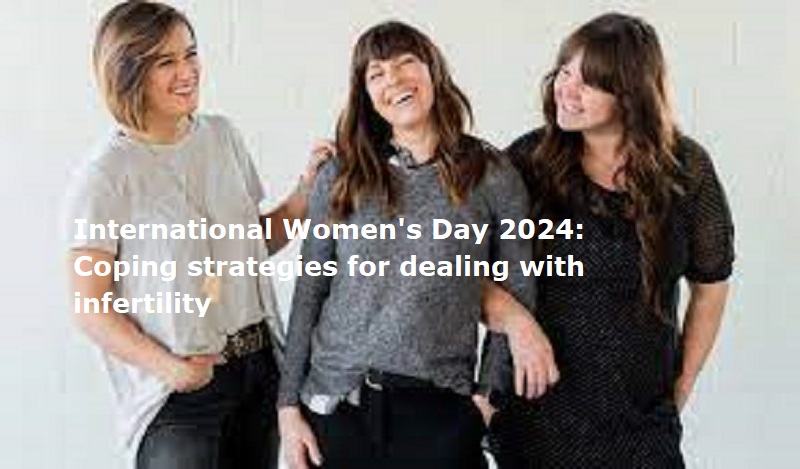
Infertility as a condition not only affects the reproductive health of a woman but also has a significant impact on her mental health too. As per data, around 53.08% to 64% of women experiencing infertility globally are affected by the social stigma. This negatively affects their mental well-being and influences their overall quality of life.
Dr Muskaan Chhabra, Consultant, Birla Fertility & IVF, Lajpat Nagar has shared coping strategies for women facing this issue.
Acknowledging the conditions: The first and most important step is to acknowledge your feelings or the conditions. It is important to understand the underlying causes of this condition and look for solutions accordingly. Partners can together ensure that emotional well-being is maintained and subsequently strengthened. Couples can together seek professional help and undergo therapies to deal with the situation.
Also Read: World Obesity Day 2024: Know the connection between obesity and mental health
Communication: Open discussion and communication can help the woman suffering from infertility. Such discussions can facilitate strategies and solutions and help the woman overcome the stress and mental distress caused by the condition.
Seeking advanced medical assistance: A range of medical interventions assist individuals or couples in achieving pregnancy when natural conception is difficult. These include:
Fertility medications: Fertility drugs such as clomiphene citrate (Clomid) or gonadotropins are often the first line of treatment. They stimulate ovulation in women or improve sperm production in men.
Intrauterine insemination (IUI): This procedure involves placing sperm directly into the uterus around the time of ovulation to facilitate fertilisation.
In vitro fertilisation (IVF): IVF is a process where eggs are retrieved from a woman’s ovaries and fertilised with sperm in a laboratory. The resulting embryos are then transferred to the woman’s uterus.
Intracytoplasmic sperm injection (ICSI): This treatment is a variation of IVF, where a single sperm is injected directly into an egg to assist fertilisation.
Donor eggs or sperm: If a woman is unable to produce viable eggs or a man has severe sperm issues, donor eggs or sperm can be used in conjunction with IVF to achieve pregnancy.
Lifestyle modification: Lifestyle changes such as weight loss, dietary adjustments, or reducing stress can prove to be beneficial.
Support groups: Discussion with other women facing fertility issues can help reduce the feeling of isolation or loneliness.

Post Your Comments